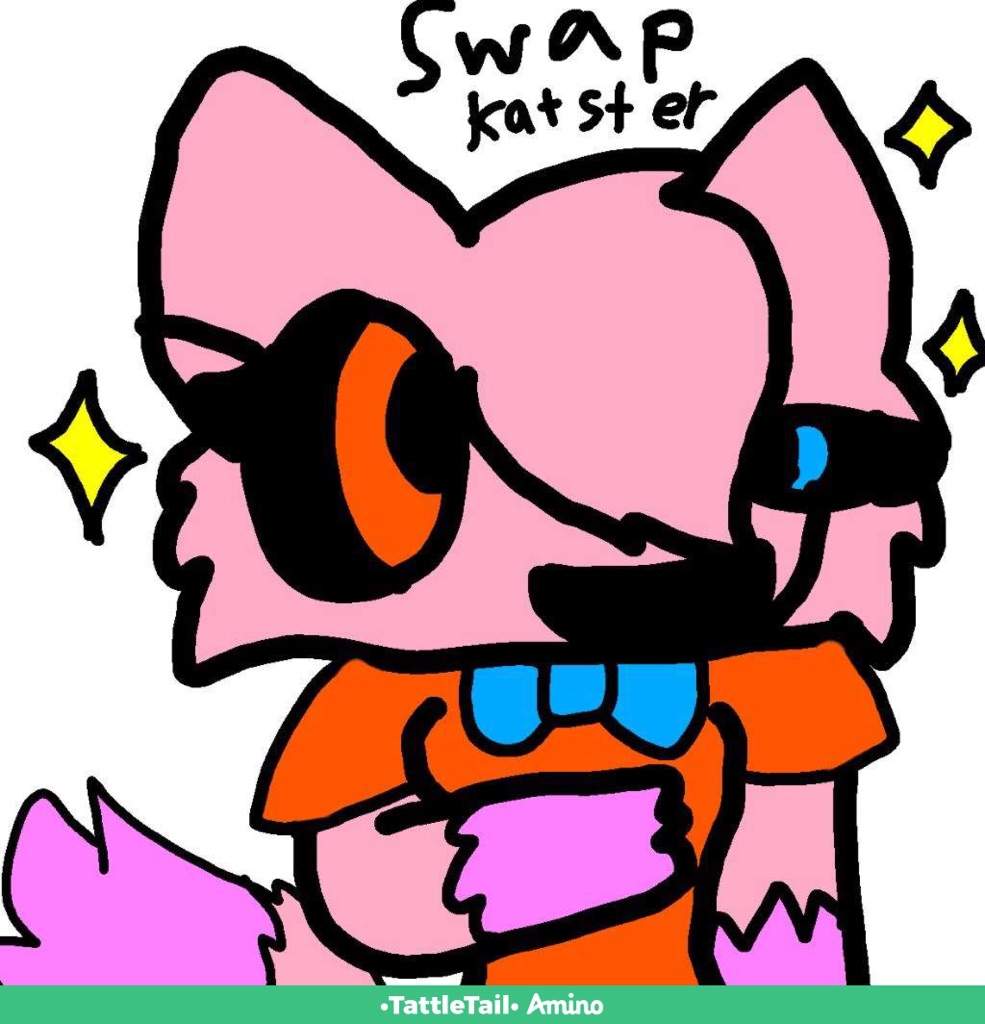

Initially this grape was designed in hopes of making Cognac, but vinification efforts have since adopted the grape as a staple to Maryland wine. The spry flavor profile is unparalleled, but it is often enjoyed by wine-drinkers who also enjoy Pinot Gris and Sauvignon Blanc.

The grape’s flavor is curiously uncommon with notes of grapefruit, honeysuckle, lychee, apple, and honey. This product from Cornell offers a surprisingly floral bouquet which tricks your taste buds into thinking you’re in for a light, sweet treat. For gossips and achievement-seekers, tattletaling is a means of attention, and that is precisely what the Traminette grape deserves. This lack of depth is characteristic for an abundance of white wine varieties. Being a tattletale means understanding black versus white, but lacks the perception of the gray-area. Learning the phrase “I need some advice” and when to use it is one of the best lessons any child can learn.When a preschooler begins to tattle, they begin to demonstrate their moral compass they know right from wrong. Other times it means teaching them the words to express exactly what they are feeling. Sometimes that means we have to be amateur mind readers to figure out what’s behind their words and feelings. We adults should do everything we can to make communication with grown-ups as easy as possible.
#Tattletale how to#
It’s hard enough for children to learn how to communicate effectively with other children. By that point, memories are fuzzy and it’s harder to get everyone to listen and see eye to eye. When they don’t know what their options are, they might go days or weeks without talking to someone about a problem until the issue has grown from a small dispute to contempt. When students understand the differences among these categories, especially the difference between asking for advice and tattling, any resistance they might have to talking to a teacher dissolves and we have more opportunities to lend a hand. We generally discourage students from doing this, not because the behavior doesn’t need to be corrected, but because it’s not healthy for one student to seem himself as the policeman of the class, always watching for misbehavior. “Jimmy’s doodling,” or, “I heard Jessica say a bad word,” or things like that. they are telling on another student when that child’s behavior has no impact on them. Tattling – We use this term to describe any time one student tells on another without “standing,” i.e. When we hear these magic phrases, we get the details of the problem and coach the child without stepping in directly. When children say this, we know that they don’t want to get anyone in trouble they just don’t know what to do and need advice. They don’t know that they can go to a teacher and say, “I need some help,” or, “I need some advice.” For the teachers at VanDamme Academy, this is a special kind of code. Thankfully, this doesn’t happen very often.Īsking for advice – This is the category that most children don’t know about. If the situation is so serious that we would not expect a child to handle it on his own, he needs to go to an adult for help. If another child is deliberately mean or is clearly breaking the rules in a way that hurts someone else, it is perfectly acceptable for students to ask for intervention. At VanDamme Academy, we try to help students distinguish among three goals they might have in going to a teacher: asking for intervention, asking for advice, and tattling.Īsking for intervention – This covers the most serious problems children face. It feels like a betrayal of the friendship, and they’d rather settle things on their own. For many social issues, this is the last thing a child wants to do. To them, telling the teacher means getting another child in trouble. Nearly all children think that “tattling” is synonymous with telling the teacher about a problem. This fear is based on a misunderstanding of what it means to tattle. But I can only do that if they ask for help, and there is something that often stands in the way: the fear of being a “tattletale.”

One of my great pleasures as a teacher is advising and guiding my students in the resolution of their conflicts. That means children’s feelings are hurt easily, and finding the words to express their feelings is hard. We are not born with social graces, they have to be learned. Navigating social conflicts is difficult for anyone, so it is especially difficult for children.


 0 kommentar(er)
0 kommentar(er)
